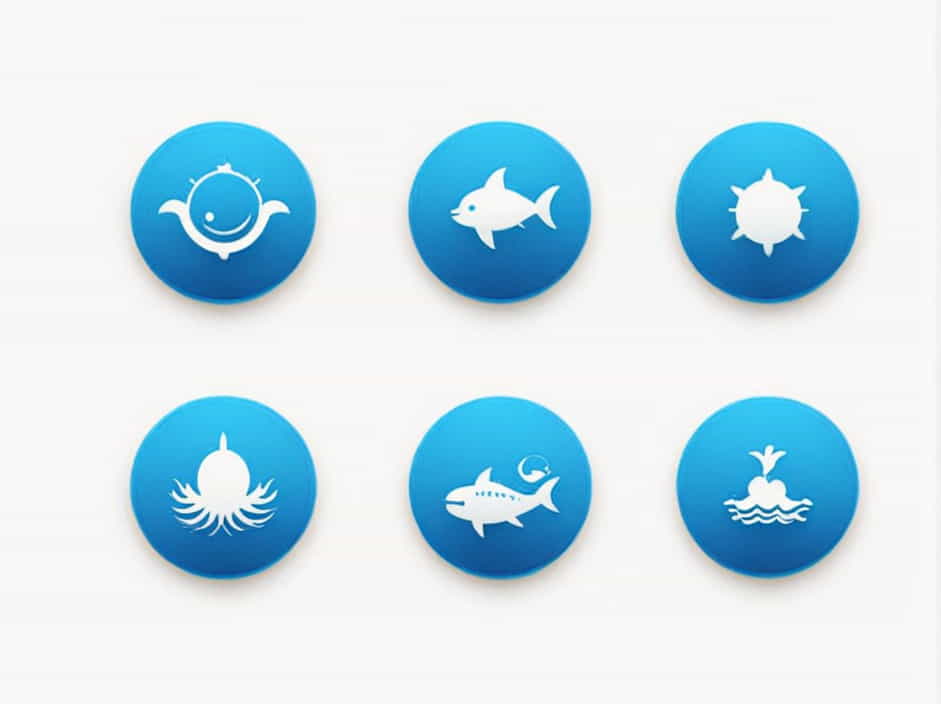Oceanology is the scientific study of the ocean, including its physical, chemical, biological, and geological aspects. This field plays a crucial role in understanding the marine environment, oceanic life, climate change, and natural resources.
As the Earth’s largest ecosystem, the ocean covers over 70% of the planet’s surface and influences global weather patterns, marine biodiversity, and even human life. Oceanology helps scientists and researchers unravel the mysteries of the deep sea, protect marine life, and harness the ocean’s resources sustainably.
This topic explores the definition, history, importance, branches, and career opportunities in oceanology.
1. Definition of Oceanology
Oceanology, also known as oceanography, is the interdisciplinary study of the ocean. It involves:
- Physical Oceanology – Examines ocean currents, tides, and waves.
- Chemical Oceanology – Studies the composition of seawater, including salinity and pH levels.
- Biological Oceanology – Focuses on marine organisms and ecosystems.
- Geological Oceanology – Investigates the ocean floor, including underwater volcanoes and plate tectonics.
By studying oceanology, scientists can predict climate changes, protect marine ecosystems, and explore underwater resources.
2. History and Development of Oceanology
A. Early Explorations
Oceanology has its roots in ancient maritime exploration. Early civilizations, including the Phoenicians, Greeks, and Polynesians, studied ocean currents and navigation for trade and travel.
B. The Birth of Modern Oceanography
In the 19th century, oceanology became a formal science with the Challenger Expedition (1872-1876), which mapped the deep-sea environment and discovered thousands of new marine species.
C. Advancements in the 20th and 21st Centuries
With the development of sonar, satellites, and deep-sea submersibles, scientists can now explore the ocean floor, track ocean currents, and monitor marine biodiversity with high precision.
3. The Importance of Oceanology
Studying oceanology is crucial for understanding and preserving the marine environment. Here’s why:
A. Climate Regulation
The ocean plays a significant role in regulating the Earth’s climate by absorbing carbon dioxide and heat. Understanding ocean currents helps predict climate change and extreme weather events.
B. Marine Biodiversity Conservation
Oceans are home to millions of species, many of which are still undiscovered. Oceanology helps protect endangered marine life and develop sustainable fishing practices.
C. Natural Resource Exploration
The ocean contains valuable resources like oil, gas, minerals, and renewable energy. Scientists study these resources to balance economic growth with environmental conservation.
D. Disaster Prevention
Oceanologists monitor tsunamis, hurricanes, and rising sea levels to help protect coastal communities from natural disasters.
4. The Four Main Branches of Oceanology
A. Physical Oceanology
- Studies waves, tides, ocean currents, and temperature variations.
- Helps in weather prediction and navigation safety.
B. Chemical Oceanology
- Analyzes seawater composition, pollution, and chemical interactions.
- Essential for monitoring ocean acidification and its effects on marine life.
C. Biological Oceanology
- Examines marine organisms, ecosystems, and biodiversity.
- Supports conservation efforts by studying coral reefs, fisheries, and deep-sea habitats.
D. Geological Oceanology
- Focuses on the structure and composition of the ocean floor.
- Includes research on underwater volcanoes, plate tectonics, and marine sediments.
Each branch contributes to a better understanding of ocean processes and environmental challenges.
5. Careers in Oceanology
A degree in oceanology can lead to various careers in research, conservation, and industry. Some popular career options include:
A. Marine Biologist
- Studies marine species and ecosystems.
- Works in conservation, fisheries, and wildlife protection.
B. Oceanographer
- Conducts research on ocean currents, climate change, and marine geology.
- Works for government agencies, universities, and private industries.
C. Environmental Consultant
- Helps businesses and governments develop sustainable ocean policies.
- Works in marine pollution control and habitat restoration.
D. Underwater Archaeologist
- Explores sunken ships, ancient coastal cities, and lost civilizations.
- Works with museums, universities, and cultural preservation organizations.
E. Marine Engineer
- Designs ships, submarines, and offshore drilling platforms.
- Works in ocean exploration, energy industries, and naval defense.
The demand for oceanologists is growing due to increasing environmental concerns and technological advancements.
6. Ocean Exploration Technologies
Scientists use advanced technologies to explore and study the ocean more effectively. Some key tools include:
A. Sonar and Radar
- Used to map the ocean floor and detect underwater objects.
- Helps in ship navigation and submarine detection.
B. Remote Sensing and Satellites
- Tracks ocean currents, sea surface temperatures, and pollution levels.
- Provides real-time data for weather forecasting and disaster response.
C. Autonomous Underwater Vehicles (AUVs)
- Robotic submarines that explore deep-sea environments.
- Used for scientific research, military operations, and oil exploration.
D. Deep-Sea Submersibles
- Manned or unmanned vehicles that explore ocean depths beyond human reach.
- Famous example: Alvin, which explored the Titanic wreck and hydrothermal vents.
Technological advancements continue to reveal new discoveries about the ocean.
7. Challenges in Oceanology
Despite its importance, oceanology faces several challenges:
A. Ocean Pollution
- Plastic waste, oil spills, and chemical runoff threaten marine ecosystems.
- Research is needed to develop better waste management and ocean cleanup methods.
B. Climate Change Effects
- Rising sea levels and ocean acidification harm coral reefs and marine life.
- Oceanologists study how to mitigate the effects of global warming.
C. Exploration Limitations
- Deep-sea exploration is expensive and technologically challenging.
- Many parts of the ocean remain unexplored and poorly understood.
Addressing these issues requires global collaboration and sustainable practices.
Oceanology is a fascinating and essential field that helps us understand the complex and dynamic nature of the ocean. By studying its physical, chemical, biological, and geological aspects, scientists can protect marine ecosystems, predict climate changes, and explore new resources responsibly.
With advancements in technology and growing environmental concerns, oceanology continues to play a crucial role in shaping the future of our planet. Whether through scientific research, conservation, or technological innovation, oceanology offers exciting opportunities for those passionate about the mysteries of the deep sea.
Powered by # ChatGPT Conversation
User: Teri Serop ([email protected])
Created: 12/3/2025, 13.56.02
Updated: 12/3/2025, 15.08.57
Exported: 13/3/2025, 16.09.39
